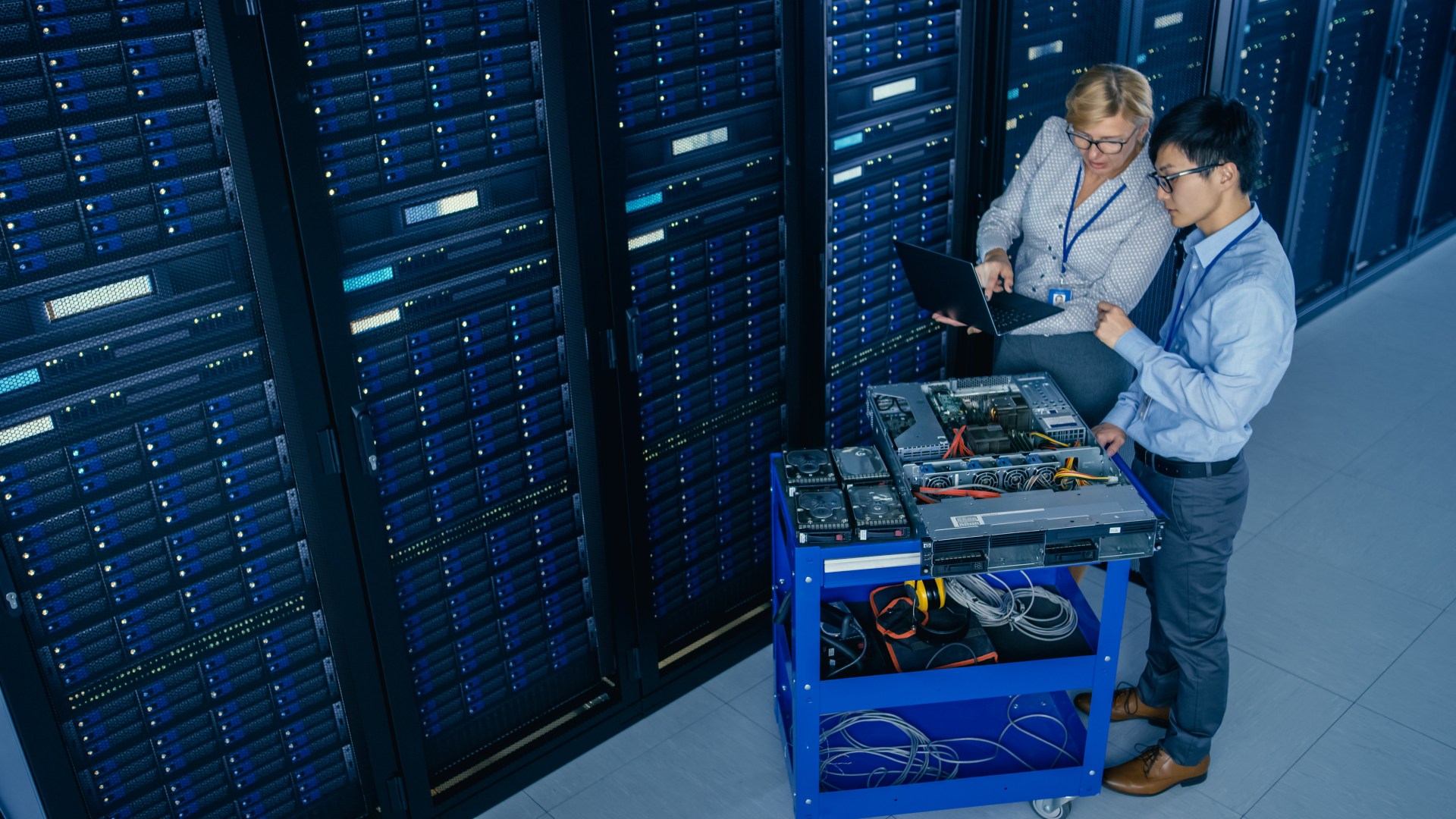
If you are running a private cloud then private cloud security has to be front and center in all your decisions. The basics of private cloud security are the same for both in-house data centers and colocation. The only real difference is who takes direct responsibility for managing security on a day-to-day basis. With that in mind, here is a quick guide to what you need to know about private cloud security.
In a nutshell, private cloud security is a set of measures an organization takes to ensure that the data in a private cloud remains private, accurate, and accessible.
Keeping data private means ensuring that it is only accessed by people who have a legitimate need to do so.
Corrupted data can be worse than useless. It can be misleading. That is why organizations have to ensure that their data is always preserved in perfect condition.
Data needs to be available to legitimate users in a reasonably timely manner whenever they need it. Disruptions should be minimized. When they do happen, the path to recovery should be clear, smooth, and quick.
In practical terms, private cloud security requires a combination of physical security, digital security, staff vetting, and monitoring, infrastructure, and a robust disaster-recovery process. These measures are all closely interlinked. This means that failures in any one area can easily manifest themselves as issues in another.
Ideally, data centers holding the infrastructure for private clouds should be out of sight and hence out of mind. This generally means putting them in locations people are very unlikely to go past by accident (e.g. in the middle of deserts).
It can, however, also mean installing them in plain-looking buildings amongst other plain-looking buildings (e.g. industrial zones). Smaller private data centers can be put into plain-looking areas in buildings used for other purposes.
Your private cloud security should not, however, depend on your data center escaping notice. There should be robust physical defenses from your perimeter to your entrance. These should be continued inside the facility to slow down malicious actors. Thanks to digital access controls, this can now be done without excessively slowing down staff.
Essentially the same principles apply to your digital security. You should do as much as possible to keep your data invisible. This includes when it is in transit over the public internet.
Additionally, you need to have robust internal controls on who can access what data. These need to be reviewed regularly even if there are no obvious changes. Any changes (e.g. job moves), should prompt an immediate review.
It is also vital for modern businesses to remember that they can only manage the security of an asset if they know they have it. This is particularly relevant now that IT is being used in ways it never was before, e.g. the Internet of Things.
Businesses also need to think carefully about the security of remote connections. It is entirely possible for remote work to be safe. It does, however, require remote work (of any sort) to be carefully managed.
You need to have confidence in any workers who have any kind of access to the data center where your private cloud infrastructure is located. This includes workers who may not be employed by you.
Making sure that you and your vendors use a robust staff vetting process is an essential first step in ensuring your private cloud security. In itself, however, it is not a sufficient step. It must be accompanied by robust but reasonable staff monitoring. This protects your staff as much as it protects you as it ensures that nobody will fall under unfair suspicion.
Modern security generally requires both electricity and a network connection to be at its most effective. It can operate without these to a certain extent but it will be crippled. It is therefore vital that all data centers used to host private clouds have reliable infrastructure.
This means having backup options for both electricity (e.g. a generator) and power. They should also have robust processes for when either of these fails and for when both fail.
You should always work on the assumption that your defenses will be breached in some way. This may not be through a deliberate attack. It could be due to an environmental issue such as a fire or flood. You, therefore, need an effective disaster recovery process. If your private cloud is part of your disaster recovery process then you need to think about the broader implications of it being compromised.
Read More:


Discover the DataBank Difference today:
Hybrid infrastructure solutions with boundless edge reach and a human touch.